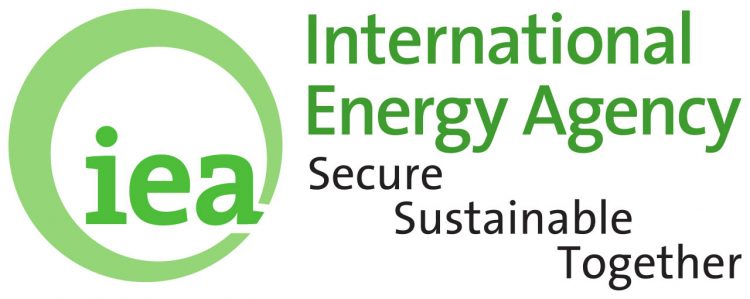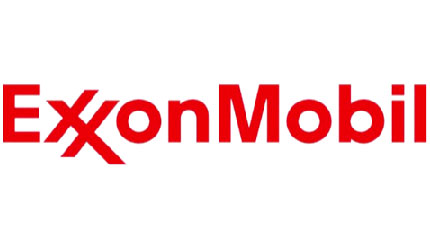 The increased global intensity of the climate change lobby to reduce the recovery and use of fossil fuels will not be sufficient to restrain global oil demand which the International Energy Agency (IEA) says will recover to pre-pandemic levels late in 2023.
The increased global intensity of the climate change lobby to reduce the recovery and use of fossil fuels will not be sufficient to restrain global oil demand which the International Energy Agency (IEA) says will recover to pre-pandemic levels late in 2023.
The news is unlikely to be welcomed by the mounting international clean energy lobby that has, in the past year, markedly stepped up its targeting of the world’s oil recovery giants, including the global behemoth, EXXON Mobil which has had to face assertive fossil fuel lobby concerns even among some of its shareholders.
Last week the IEA was projecting that global oil consumption will return to 100 million barrels a day in the second half of 2022 as developed economies bring the virus under control and step up their efforts to have their economies seek to make up for lost time and effort. The Agency goes further, asserting that oil demand will surpass pre-covid levels at some point before year end.
Going forward, new players on the fossil fuel block, Guyana and Suriname now have a further vested interest in the global climate change discourse and its implications for the international oil and gas market.
The two, among the poorest countries in South America are pinning their hopes on their recently unearthed considerable oil and gas reserves to boost their depressed economies. Both countries, Guyana particularly, have been known to continually extoll the virtues of climate change though the importance of oil and gas to their respective economies could cause them to throttle back on the verbiage that has become part of an increasingly influential climate change lobby.
On the back of its global oil demand projection, going forward, the IEA has reportedly engaged the Organization of Petroleum Exporting Countries, (OPEC) to continue to restore the oil production which it cut in 2020 when demand reduced sharply. “OPEC needs to open the taps to keep the world oil markets adequately supplied,” the IEA is quoted as saying.
The extent of OPEC’s enduring influence in global oil and gas affairs is reflected in the fact that its 2020 oil production cut has now achieved its primary goal of selling off its enormous inventory glut built up during the period of the pandemic.






